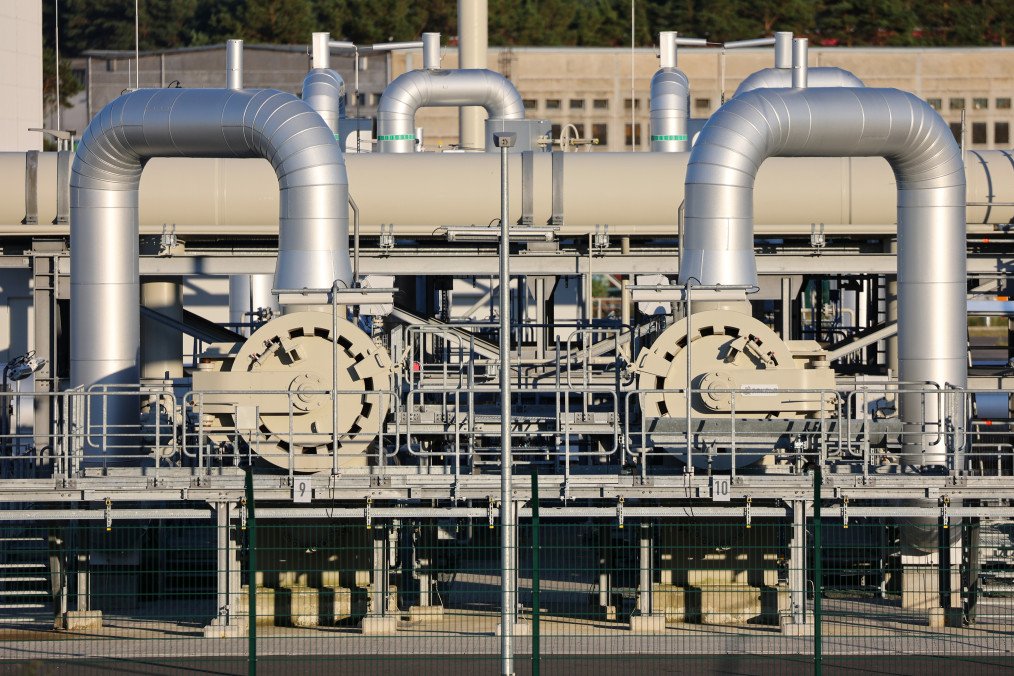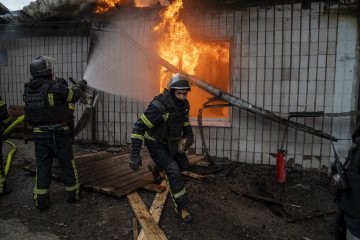- Category
- Latest news
Europe Finds Alternatives as Dependence on Russian Gas Declines, Politico Reports

After Russia launched its full-scale assault on Ukraine in early 2022, Europe faced an immediate challenge due to its heavy dependence on Russian gas, especially as Moscow cut off supplies through the Nord Stream and Yamal-Europe pipelines, crucial energy links to the EU.
In response, Europe quickly adapted. Coastal nations expanded their capacity to import liquefied natural gas (LNG) from sources like the United States, while new contracts were established. By 2023, Russian pipeline gas accounted for only 8 percent of the EU’s energy imports, a significant drop from over 40 percent in 2021, according to a recent publication by Politico.
This shift informs the perspective of many European officials as the agreement allowing Russian gas to flow through Ukraine into the EU approaches its expiration at the end of the year. The data supports their view: the EU can largely source gas from other providers.
However, for a few countries—primarily Austria, Slovakia, and Hungary—the situation presents a costly dilemma that could have broader implications across Europe, Politico states.
Unlike much of the bloc, these three nations have not yet reduced their reliance on Russian gas. For both political and practical reasons, they have maintained connections to Moscow’s energy supplies, benefiting from lower costs. The pipeline through Ukraine has been a vital link.
Both Slovakia and Austria have sought alternative gas sources through agreements with neighboring countries like Turkey. Meanwhile, Hungary may continue its dependence on Russian gas by relying on a single pipeline through Serbia.
The Ukraine pipeline could still transport gas. Although Kyiv has declined to negotiate a renewal directly with Moscow, discussions are ongoing with fossil fuel-rich Azerbaijan to take over the contracts.
According to Politico, these alternatives come with costs, whether in the form of pricier LNG or Hungary's reliance on a single pipeline. Regardless, the gas will continue to flow.


-72b63a4e0c8c475ad81fe3eed3f63729.jpeg)



-c439b7bd9030ecf9d5a4287dc361ba31.jpg)

-111f0e5095e02c02446ffed57bfb0ab1.jpeg)